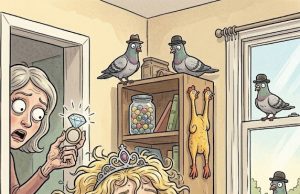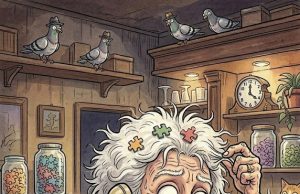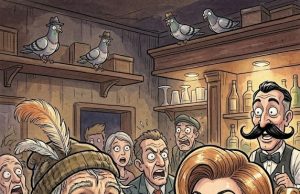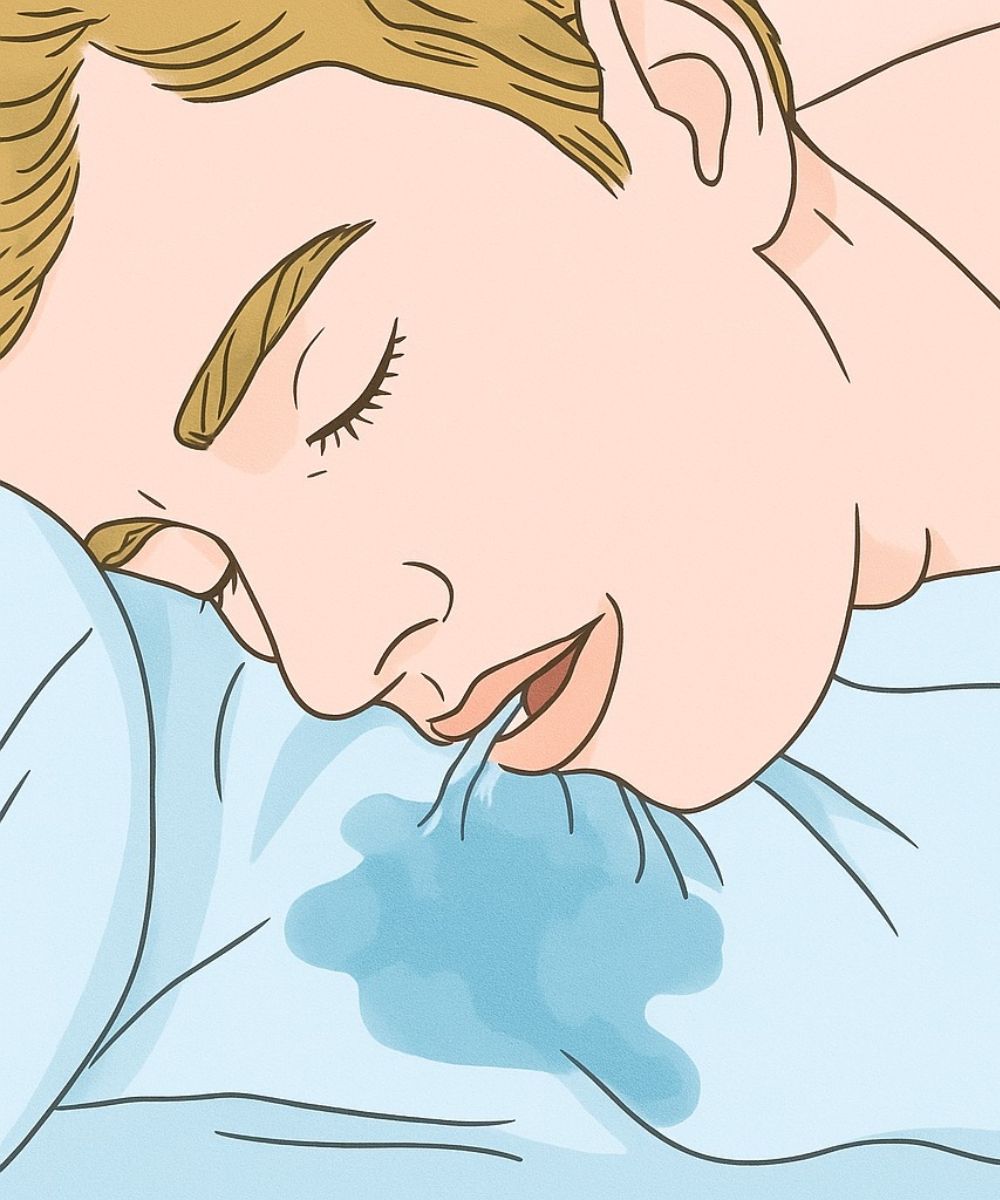
Waking up with a wet pillow due to drooling can be both embarrassing and uncomfortable. While occasional drooling is normal, frequent nighttime saliva leakage may indicate an underlying issue. Fortunately, several natural remedies can help reduce saliva production or improve the way your body manages it during sleep.
1. Change Your Sleeping Position
One of the simplest and most effective ways to reduce drooling is to change how you sleep. People who sleep on their stomach or side are more likely to drool because gravity encourages saliva to flow out of the mouth. Try sleeping on your back instead. Using a supportive pillow to keep your head slightly elevated can also help prevent your mouth from opening during the night.
2. Practice Nasal Breathing
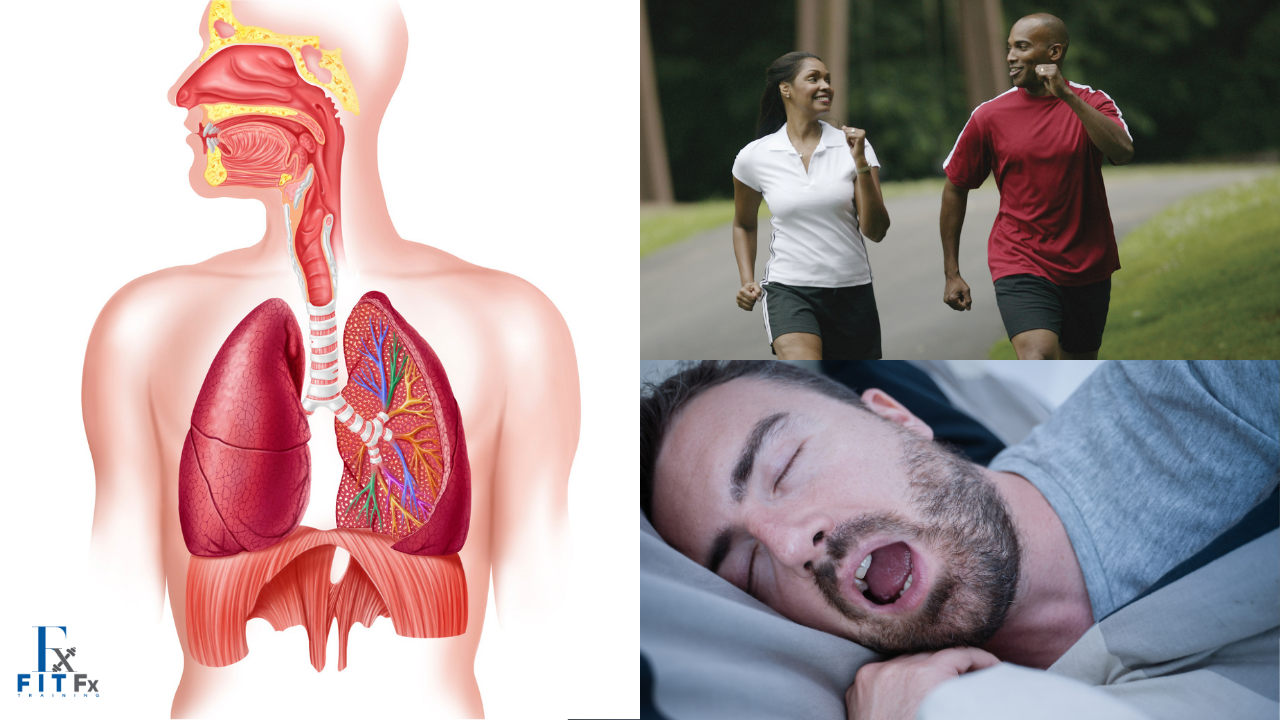
Mouth breathing is a major cause of drooling during sleep. If your nasal passages are blocked, you’re more likely to breathe through your mouth and let saliva escape. Try these tips to improve nasal breathing:
- Use a saline nasal spray before bed.
- Try steam inhalation or a warm shower to clear congestion.
- Keep your bedroom air moist with a humidifier.
- If chronic nasal issues are present, consider seeing an ENT specialist.
3. Herbal Teas and Remedies
Certain herbs are known for their ability to reduce saliva production. Drinking herbal teas 1–2 hours before bed may help:

- Sage tea: Known to dry up excess saliva and soothe the throat.
- Chamomile tea: Promotes relaxation and may help you sleep with your mouth closed.
- Peppermint tea: Can reduce inflammation in the airways, making nasal breathing easier.
4. Improve Oral Posture
Poor oral posture during the day can carry into your nighttime habits. Practicing “myofunctional therapy” (tongue and mouth exercises) can strengthen facial muscles and help keep your mouth closed during sleep. One simple exercise is to press your tongue against the roof of your mouth for several minutes a few times a day.
5. Watch What You Eat Before Bed
Certain foods and drinks can stimulate excessive saliva production. Avoid:
- Sour or spicy foods
- Acidic fruits like citrus
- Sugary snacks
- Carbonated drinks
Instead, opt for a light meal at least two hours before sleeping and limit food intake close to bedtime.
6. Manage Acid Reflux

Gastroesophageal reflux disease (GERD) can trigger excess saliva. If you suffer from acid reflux, consider natural remedies like:
- Sleeping with your head elevated
- Drinking a small amount of aloe vera juice before bed
- Avoiding trigger foods (spicy, fatty, or acidic meals)
- Eating dinner earlier in the evening
7. Stay Hydrated—But Not Too Late
Dehydration can cause thick saliva and a dry mouth, but drinking too much water right before bed may lead to a full bladder and interrupted sleep. Try to drink plenty of water throughout the day, but taper off in the evening.
8. Essential Oils and Aromatherapy
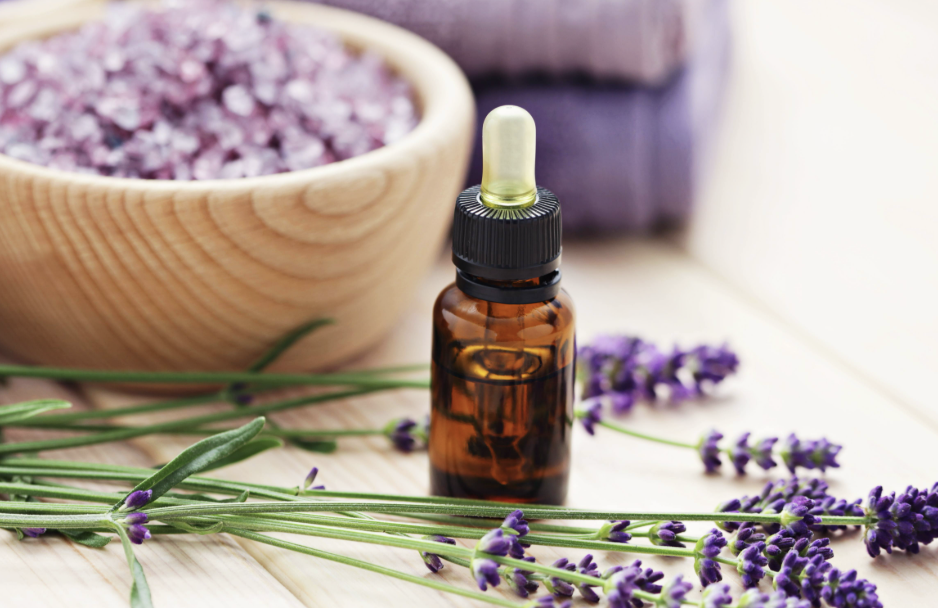
Using essential oils like eucalyptus, lavender, or peppermint in a diffuser may reduce nasal congestion and promote better breathing. Lavender also helps with deeper, more relaxed sleep—keeping your mouth closed naturally.
Conclusion
Drooling during sleep is often harmless but can sometimes signal other issues such as nasal blockage, acid reflux, or weak oral muscles. By using these natural remedies—from adjusting your sleeping position to herbal support and breathing techniques—you can take control of the problem in a gentle, non-invasive way. If the drooling persists despite trying these remedies, it may be time to consult a healthcare provider.










